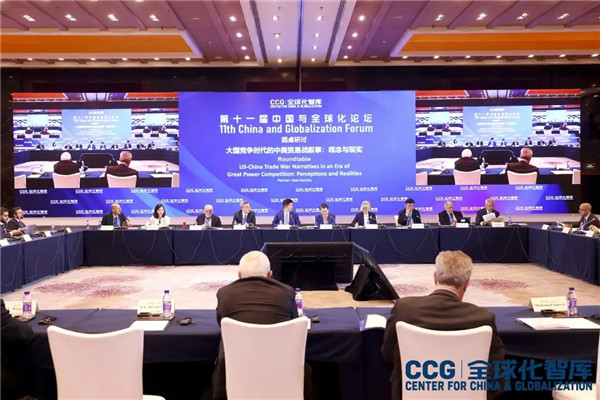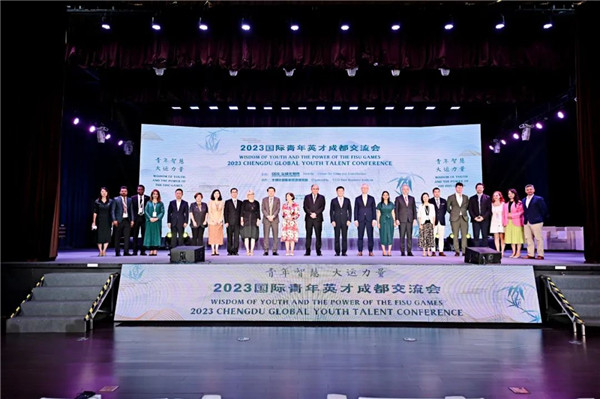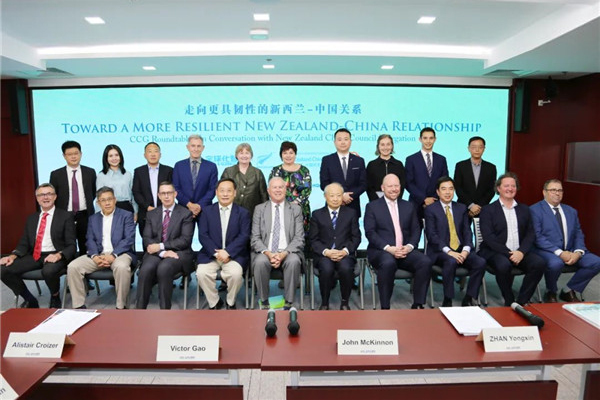How will COVID-19 impact the world’s two largest economies? Experts from China and the US discuss
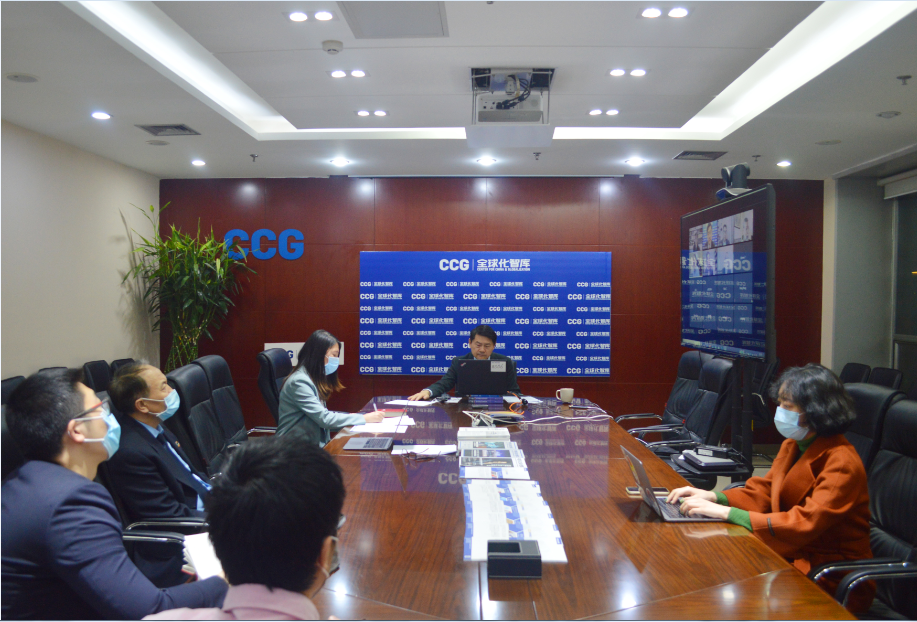
[Facebook Watch]
https://www.facebook.com/watch/?v=154178135969614
On April 9, 2020, the Center for China and Globalization (CCG) hosted an online seminar titled “COVID-19: Opportunity or challenge for US-China trade and beyond?”. Scholars from US think tanks, senior representatives from chambers of commerce, and CCG experts discussed topics such as the US-China phase one trade deal, bilateral cooperation on medical supplies, and current US-China frictions.

Wang Huiyao, CCG president, said that at this critical moment, the US and China could set an example of global cooperation and should play a leading role in fighting the pandemic by working together while preventing disruptions that affect the whole world.

Jeremie Waterman, president of the China Center at the US Chamber of Commerce, highlighted the worrisome trend of protectionist export controls around the world, specifically concerning medical supplies and PPE. He said that greater cooperation is needed to ensure that such trends do not exacerbate further.

David Dollar, senior fellow of the Brookings Institution, pointed out that China and the US could work jointly to address the crisis facing developing countries and play a major role in global public affairs, such as launching IMF plans and suspending or reducing debt repayment obligations.

John Gong, professor at the University of International Business and Economics (UIBE), said that US politics may become more polarized after the pandemic. He said the political landscape is likely to shift towards the Democrats, impacting the 2020 presidential election.

Craig Allen, president of the US-China Business Council (USCBC), said that in this bleak time, the US and China should strive for smooth implementation of the phase one agreement as a confidence-building measure, promoting the bilateral relationship.

Scott Kennedy, senior advisor and trustee chair in Chinese Business and Economics of the Center for Strategic and International Studies (CSIS), said that we should not understate the challenge that we face as a result of COVID-19. He linked the current crisis to poor governance over many years and said if we do not face it up to this, the impacts of this pandemic will be severe.

Mary Lovely, senior fellow of Peterson Institute for International Economics (PIIE) and professor of Economics at Syracuse University, said that we should push for more cooperation between the US and China, though many people doubt prospects for progress in the current situation. She noted shipments of personal protective equipment (PPE) between the two countries as an example of beneficial cooperation.

Lv Xiang, research fellow at the Institute for American Studies of the Chinese Academy of Social Sciences (CASS), stated that the current crisis is unprecedented. He noted that while economic crises usually stem from issues with demand, we currently face major challenges on both the supply and demand side.
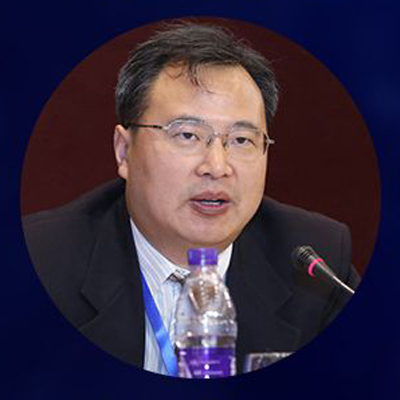
Wang Yong, director and professor of the Center for International Political Economy at Peking University, expressed the importance of unity and cooperation between the US and China. He noted that the fundamental problem with US-China commercial relations at present is the shortage of political and strategic trust.
